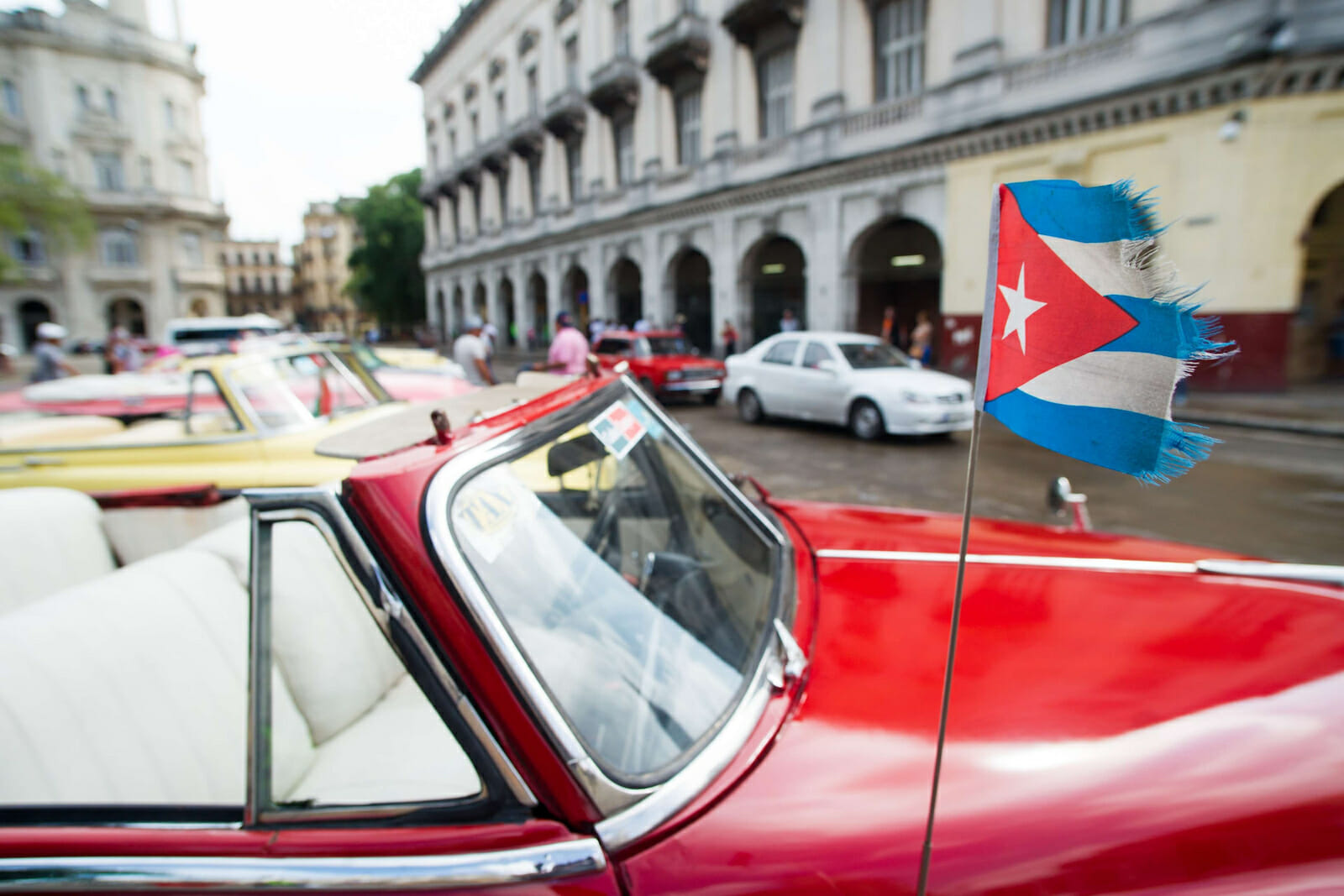
Time to Strengthen the Cuban Embargo
When thinking of U.S.-Cuba relations, the trade embargo, or el bloqueo, is first and foremost on people’s minds. In 2009, President Barack Obama eased the travel ban, allowing Cuban-Americans to travel freely to Cuba, and again in 2011, allowing students and religious missionaries to travel to Cuba, as recently demonstrated by American pop culture figures, Beyoncé and her husband Jay-Z. Despite a history of hostile transgressions, the U.S. is inconsistent with its implementation of the embargo, which sends mixed signals to Havana and displays our weak foreign policy regarding Cuba.
Undoubtedly, Cuba is capitalizing on this weakness by using the embargo as a scapegoat for all of its woes without any immediate fear of reinstated restrictions. Because the goal is to promote Cuban democracy and freedom through non-violent and non-invasive means while refraining from providing any support to the current oppressive Cuban government, the current legislation regarding the embargo and travel ban against Cuba needs to be modernized and strengthened. The need for an embargo has never been more important or potentially effective, even considering the current human rights and economic arguments against the embargo.
Washington’s goal in its dealings with Havana is clear: facilitate the introduction and growth of democracy while increasing personal freedoms. There are many who argue that the best way to spread democracy is by lifting the embargo and travel restrictions.
U.S. Rep. Michael Honda argues that an influx of politically enlightened U.S. travelers to Cuba would put Havana in a difficult place, leading to their own people calling for change. However, this is erroneous. Due to the fractured and weakened state of the embargo, over 400,000 U.S. travelers visited Cuba in 2011, making the United States the second-largest source of foreign visitors after Canada, according to NPR’s Nick Miroff. Obviously, this influx of what has been theorized to be liberty-professing tourists has not resulted in an influx of such democratic ideals into this overwhelmingly federally controlled country.
One example is the case of Alan Gross, an American citizen working for USAID. He was arrested in Cuba in 2009 under the allegations of Acts against the Independence and Territorial Integrity of the State while distributing computers and technological equipment to Jewish communities in Cuba. He is currently serving the fourth of his fifteen-year conviction, is in poor health, and receiving little to no aid from the U.S., according to the Gross Family website. In light of this, it is hard to believe that the U.S. would be able to protect a large number of tourists in a hostile nation, especially when they plan to ‘profess’ political freedom. This view is further promoted by the Ladies in White, a Cuban dissident group that supports the embargo. They fear ending it would only serve to strengthen the current dictatorial regime because the real blockade, they claim, is within Cuba. Allowing American travelers to visit Cuba does not help propel the cause of Cuban democracy; it hampers it.
Still, there is the idea that further increasing American tourism to this nearby Caribbean island will at least aid their impoverished citizens in some manner, but this is neither a straightforward nor easy solution. From the annual throng of American visitors, U.S. Senator Marco Rubio declared at a 2011 Western Hemisphere Subcommittee Hearing that an estimated, “$4 billion a year flow directly to the Cuban government from remittances and travel by Cuban Americans, which is perhaps the single largest source of revenue to the most repressive government in the region.”
These remittances are sent by Americans to help their Cuban families, not support the Cuban government. It is also a common belief that the Cuban embargo is a leading cause of poverty among the Cuban citizens and that lifting the embargo would go a long way toward improving the Cuban standard of living. However, no amount of money can increase the living standards there as long as their current regime stands. “After all, the authorities were already skimming 20 percent of the remittances from Cuban-Americans and 90 percent of the salary paid to Cubans by non-American foreign investors,” states Alvaro Vargas Llosa, Senior Fellow of The Center on Global Prosperity at The Independent Institute.
However unfortunate it may be, Cuba, in its current state, is a nation consisting only of a wealthy and powerful few and an impoverished and oppressed proletariat, who possess little to no means to escape or even improve their fate. Lifting the trade embargo will not increase the general prosperity of the Cuban people, but it will increase the prosperity of the government. Ergo, the poverty and dire situation of the Cuban people cannot be blamed on the United States or the embargo.
No doubt, it has been a fruitless 50 years since the embargo was enacted. Little has changed as far as democracy and human rights are concerned. To maintain control, Cuba has “managed to offset much of the effects over the years in large part because the Soviets subsidized the island for three decades, because the regime welcomed Canadian, Mexican and European capital after the collapse of the Berlin Wall, and because Venezuela is its new patron,” according to Llosa. However, Venezuela is now undergoing a political transition of its own with the recent death of Hugo Chávez, its president for the past 14 years, and the controversial election of Nicolás Maduro.
Despite being Chávez’s handpicked successor, Maduro only won by a narrow margin and will likely be forced to cut spending on social programs and foreign assistance in an effort to stabilize Venezuela’s dire economic problems. Therefore, now is the ideal time to take action. Without Venezuela’s support, the Cuban government will assuredly face an economic crisis. Strengthening the embargo to limit U.S. dollars flowing into Cuba would place further pressure on the Cuban government and has the potential to trigger an economic collapse. A change in the Cuban political climate is within reach.
According to U.S. Senator Robert Menendez, “Tourism to Cuba is a natural resource, akin to providing refined petroleum products to Iran. It’s reported that 2.5 million tourists visit Cuba – 1.5 million from North America…1 million Canadians…More than 170,000 from England…More than 400,000 from Spain, Italy, Germany, and France combined – All bringing in $1.9 billion in revenue to the Castro regime.” This behavior undermines the embargo, which is why the U.S. should urge other nations to adopt similar policies toward Cuba. A strong and unyielding embargo, supported by the U.S. and its allies, is necessary to incite political change. Furthermore, Sen. Menendez argues, “Those who lament our dependence on foreign oil because it enriches regimes in terrorist states like Iran, should not have a double standard when it comes to enriching a brutal dictatorship like Cuba right here in our own backyard.”
If the policy of the U.S. is to challenge these behaviors, then it must also stand up to Cuba. It would be a disservice to squander the progress of the past 50 years when the opportunity is looming.

